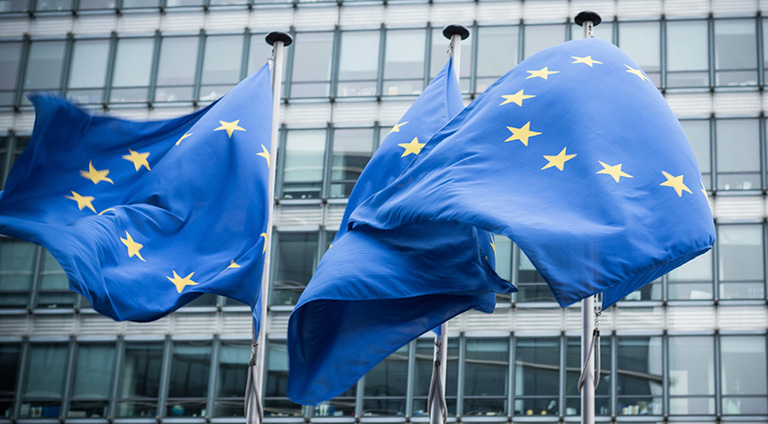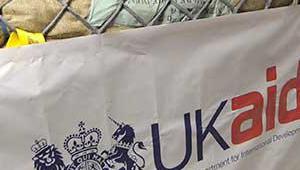Talking to PF yesterday, Carl Wright, secretary-general of the CLGF, said both he and members of the Commonwealth are concerned about the negative consequences of Brexit, which would reach far beyond the UK and even Europe.
Wright explained that representatives of CLGF member countries, ranging from prime ministers to local mayors and hailing from New Zealand to Nigeria, had expressed concerns to the forum that Brexit would do damage to their economies, trade and political influence.
“Over the past few years that is a message I’ve been hearing loud and clear,” Wright stressed.
But his biggest concern is the impact Brexit could have on some of the poorest, developing Commonwealth countries.
While the International Monetary Fund, the OECD and others have warned of the harm a British vote to leave the European Union could do worldwide, Wright added that those that are already struggling with a weak and volatile global economy will be doubly affected.
Many Commonwealth countries, like Nigeria, have already seen their export-based economies crippled by recent trends like the crash in commodity prices – trends which Wright argued a Brexit would only make worse.
Others, some of the world’s least-developed countries, could see the aid they rely on decline, Wright pointed out.
Britain’s aid contributions are linked to the country’s GDP, he highlighted. If this declines, so will the generosity of the world’s second biggest aid donor. A substantial portion of EU aid also comes from the UK.
“My concern is particularly for those countries that have traditional ties with Britain and do rely on British aid and do rely on British trade. Those countries have told me that they’re worried about the impact and the fact the UK is drawing in to itself,” he told PF.
But across the entire Commonwealth, Wright said countries fear they, and the Commonwealth as an institution, could lose political clout in the world.
“A lot of these countries see the UK as their voice in Brussels, and they would really, really miss that. Not just on aid, but on trade issues, the environment, climate change, on all those major issues where the UK has a key role.
“There’s a feeling that the UK opting out would reduce the voice of the Commonwealth,” he said.
“The impact could also mean there is perceived to be less value in the Commonwealth, if Britain is seen as diminished and having less influence in the EU.”
The prime ministers of Australia and New Zealand, as well as fellow EU members like Malta, have voiced their concerns, or outright opposition to, Brexit.
While the Commonwealth as an organisation has opted to stay out of the campaign and has no official unified position, secretary general Patricia Scotland told Reuters in April she had not detected any appetite for Britain to sever its ties with the EU.
“I haven’t heard any Commonwealth country say they have an appetite for change,” she said.
Wright added that Brexit would damage international institutions like the Commonwealth and CLGF not just financially, but because it is a rebuke to the principles of international cooperation on which such organisations are built.
In terms of tackling global challenges like achieving the Sustainable Development Goals or meeting the Paris agreement on climate change, he said “taking that forward on an EU basis is going to be so much more effective than just on a UK bilateral basis”.
“It really undermines the idea of internationalism and betrays the interest of our Commonwealth partners,” he concluded.
You can read Carl Wright’s blog on the impact of Brexit on the Commonwealth here.














